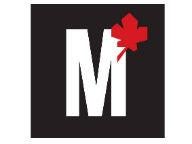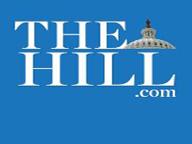Faculty News
—
Professor Nicholas Economides on Greece's delay in making payments to the International Monetary Fund
—

Excerpt from Bloomberg -- "'The delay in the payment to the IMF is an escalation of the confrontation,' Nicholas Economides, an economics professor at New York University’s Stern School of Business. 'It increases the risk of bankruptcy and Grexit.'"
Faculty News
—

Excerpt from Bloomberg -- "'The delay in the payment to the IMF is an escalation of the confrontation,' Nicholas Economides, an economics professor at New York University’s Stern School of Business. 'It increases the risk of bankruptcy and Grexit.'"






















